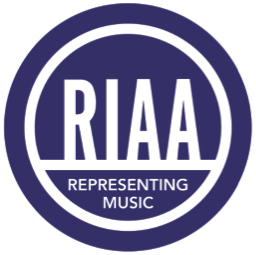Pandora has agreed to pay major U.S. record labels $90 million for streaming pre-1972 songs, which infringe on federal copyrights but are covered by state copyrights in New York and California.

This is the second largest copyright payment to go to the Recording Industry Association of America (RIAA), with SiriusXM satellite radio paying $210 million over the same issue.
The agreement covers Pandora’s previous music plays of songs pre-1972 and also addresses its music service through to the end of 2016. After that, Pandora will have to reach another licensing deal with the RIAA if it wishes to continue playing old music.
“Pandora is excited to have found resolution with these record labels,” said Brian McAndrews , the company’s CEO. “We pursued this settlement in order to move the conversation forward and continue to foster a better, collaborative relationship with the labels.”
The settlement comes after a contentious discovery battle where Pandora was seeking the labels' contracts with recording artists. An issue being explored was whether or not the Internet radio service was expected to pay for the public performances found on their recordings.
“Major settlements with SiriusXM and now Pandora means that an iconic generation of artists and the labels that supported them will be paid for the use of their creative works,” said RIAA Chairman and CEO Cary Sherman. “That is a significant milestone and a big win for the music community.”
Before the case settled, Pandora wanted to see artists’ contracts and argued to the judge, “If New York law provided a right of public performance, and if it were unfair to perform recordings without payments to artists, surely one would see a provision for performance royalties in all recording contracts.”
Both Pandora and Sirius were sued over pre-1972 songs by the RIAA and also face class-action litigation brought up by members of a 1960s band called The Turtles.
Source: Ars Technica
Advertisement
Learn more about Electronic Products Magazine





